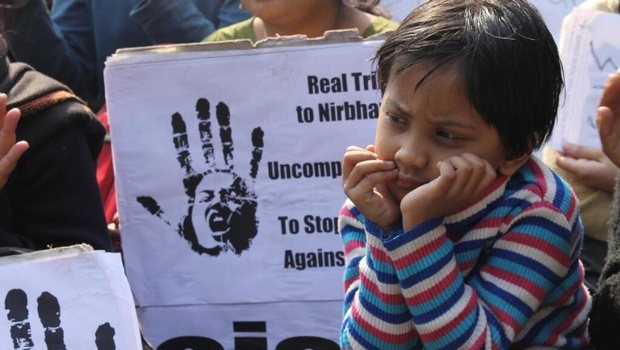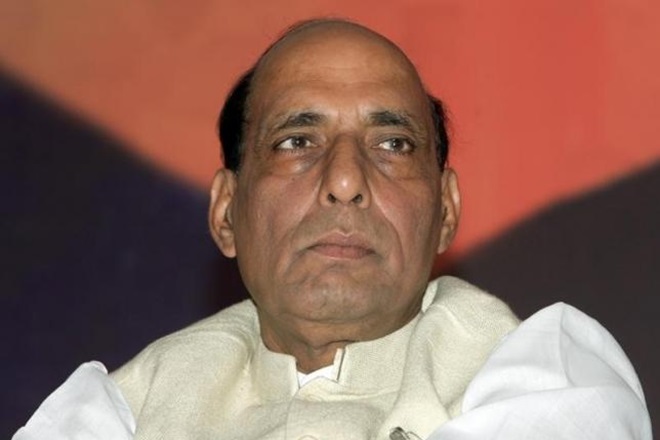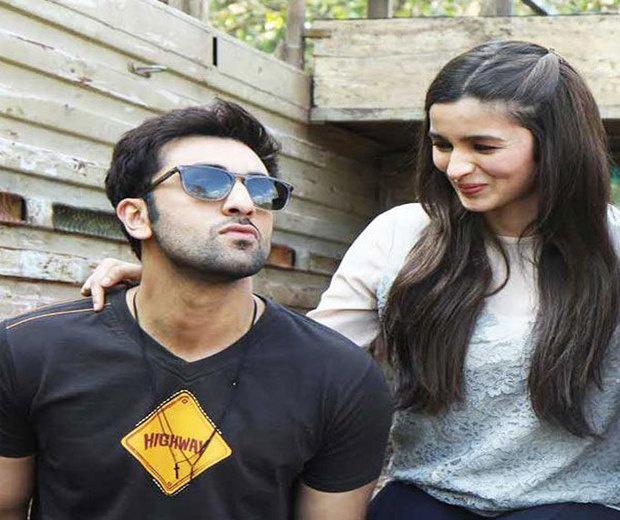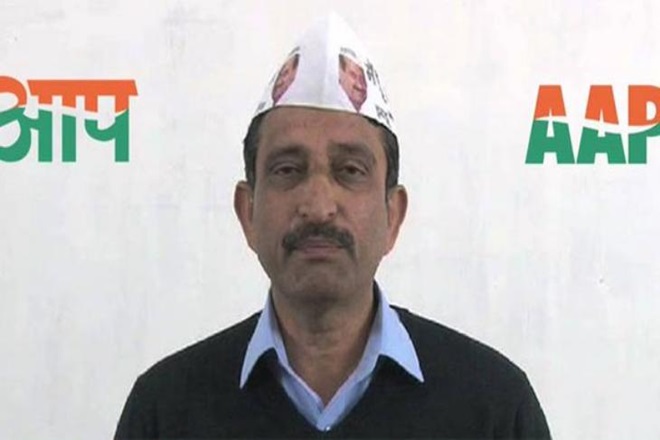In an oval-shaped room, every chair occupied by rapt audience members, a movie called India’s Daughter is being screened from a modest 12-inch laptop. Twenty minutes into the film — just as convict Mukesh Singh’s controversial interview begins one phone rings, then another. Advisors to the filmmakers call to tell them that they are “under threat of arrest.†A blond woman sits nervously outside the screening hall, her executive producers, her co-producer, senior journalist Dibang and others gathered around her. Leslee Udwin begins calling lawyers and friends -- she needs to know if Delhi police’s FIR against her film will result in her arrest. She needs to know whether she should leave the country; whether she can stay and take a stand. She is leaning towards the latter, mostly because she is angry. “I feel very sad (that the police registered the FIR) but on the other hand I think anything of this magnitude which is more than a campaign almost a movement — does not happen easily,†she says. Referring to Delhi Police’s famous crackdown on the December 16 protestors, she adds, “That is this in another version, isn’t it? I’m being silenced for fighting for the rights of women.†Inside, members of the British Counsel, a journalist from BBC, producers of the film and some members of a supportive NGO are engrossed in the movie. The film swings back and forth between interviews of Mukesh, Nirbhaya’s parents, the families of the other accused and defence lawyers, AP Singh and ML Sharma. Finally, the end credits roll. Lights flood the make-shift theatre. Dibang and Leslee - who had been calling people for help and for advice — come in for the discussion. “I think you should know a criminal case has been filed against this movie that you have just seen,†Dibang tells the audience and they look equally shocked. Replying to questions, Leslee says with a hint of irony, “We’ve been accused of a crime in making this film. The crime is, as far as I can understand it, misogynistic comments about women.†“Does that mean the NDTV screening on Sunday will go ahead?†someone asks. “We don’t know,†the director replies. The audience, though confused, extend their support with hugs and words of encouragement. A BBC representative informs them the company will still continue with its telecast on BBC4 on March 8. “Who complained?†one audience member asks and Leslee tells them that the police registered the case on its own accord. Another person shakes her head, “I don’t understand, it’s a totally balanced film. It doesn’t give the rapists a platform at all.†Another adds, “It was very fair, definitely.†Leslee nods, clearly agitated, her phone continues ringing.

















